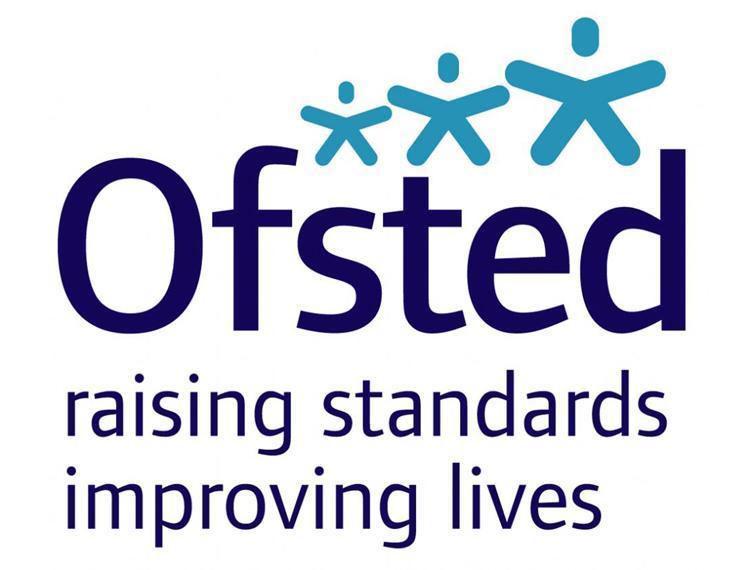Minimum apprenticeship earnings to be raised to £95 a week

Skills Secretary John Denham and Ed Balls, Secretary of State for Children, Schools and Families, have announced that next year the minimum weekly earnings for apprentices in England will be raised to from £80 to £95 a week.
The Government aims to ensure that the earnings of all apprentices are fair and reflect the support given to young people pursuing other qualifications. The changes follow a review by DIUS and DCSF of apprentice pay carried out this year.
In a speech to the Trades Union Congress on Tuesday, Mr Denham said: “We have rescued apprenticeships. We have trebled the number of people taking them up since 1997. Over 60% of people now complete their apprenticeships compared to just over 20% a few years ago.
“We will go on to make sure that they are a mainstream option for all young people and for adults in England. Within the next decade 1 in 5 young people will be able to take up an apprenticeship.”
Mr Denham added: “Last year we referred the exemption of apprentices from the National Minimum Wage to the Low Pay Commission. Today the average apprentice is paid over £170 a week. Without prejudicing the work of the Low Pay Commission, I am announcing today that in England, minimum apprenticeship pay will rise from £80 to £95 per week during next year.
“It will be young women – apprentices like those in hairdressing and care – who will benefit most.”
It is estimated that the new new £95 minimum, to begin from August 2009, will benefit 26,000 apprentices. Those in traditionally less well paid sectors such as social care and hairdressing, of whom 90 per cent are women, will also have the most to gain.
Mr Balls said: “Our radical plan to raise the education leaving age to 18 means we will need to create 150,000 more apprenticeships by 2013 for 16 and 17 year olds who want to follow a vocational path into the world of work. That’s 50,000 more young people starting apprenticeships every year. And it is only fair that while people are working and training they are paid a decent wage.
“Over the past decade we have seen the number of apprenticeship places double and we will see those numbers continue to increase year by year – because there is real demand for them. It is vital for the future success of this country that we develop everyone’s skills to the full and apprenticeships are key to doing this.
“Through apprenticeships, the new Diploma and established qualifications like A Levels and GCSEs, we are offering choice to young people across the spectrum, to ensure their talents are fulfilled, wherever they lie.”
Commenting on the increase, Wes Streeting, NUS President, said: “We welcome the Government’s firm commitment to expanding opportunities for apprentices … We believe, however, that much more needs to be done to ensure that young people on apprenticeships receive the pay they deserve and call on the Government to introduce a minimum wage for young apprentices.”
The National Minimum Wage doesn’t apply to apprentices aged 16-18, and those aged 19 and over in their first year as an apprentice. The Learning and Skills Council introduced a requirement that employers pay apprentices a minimum of at least £80 per week in 2005. The Low Pay Commission is expected to report early next year after reviewing the apprenticeship exemption from the National Minimum Wage.











Responses